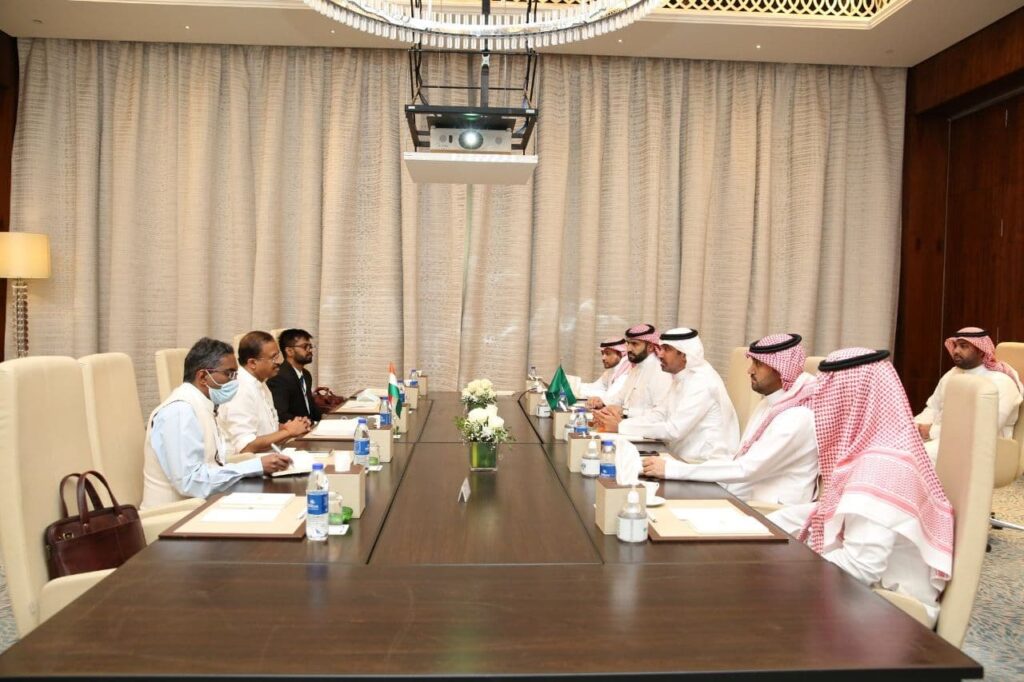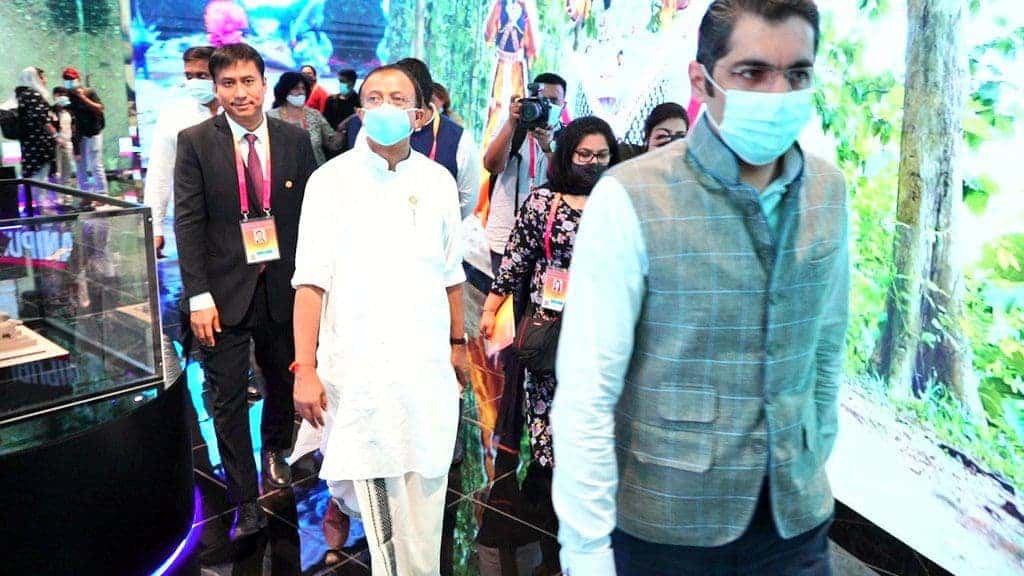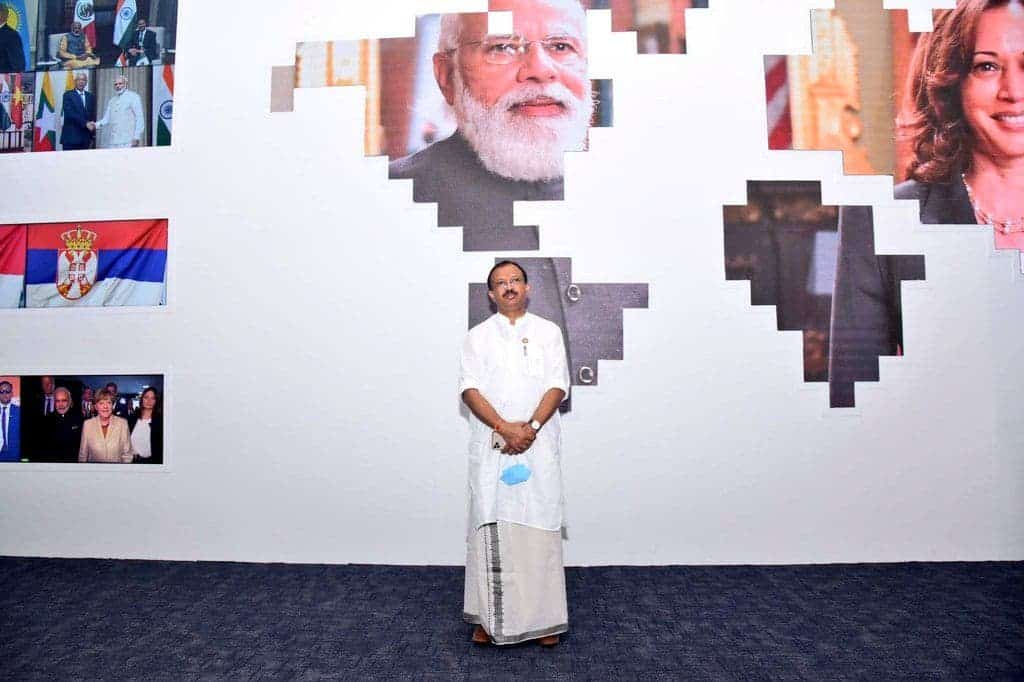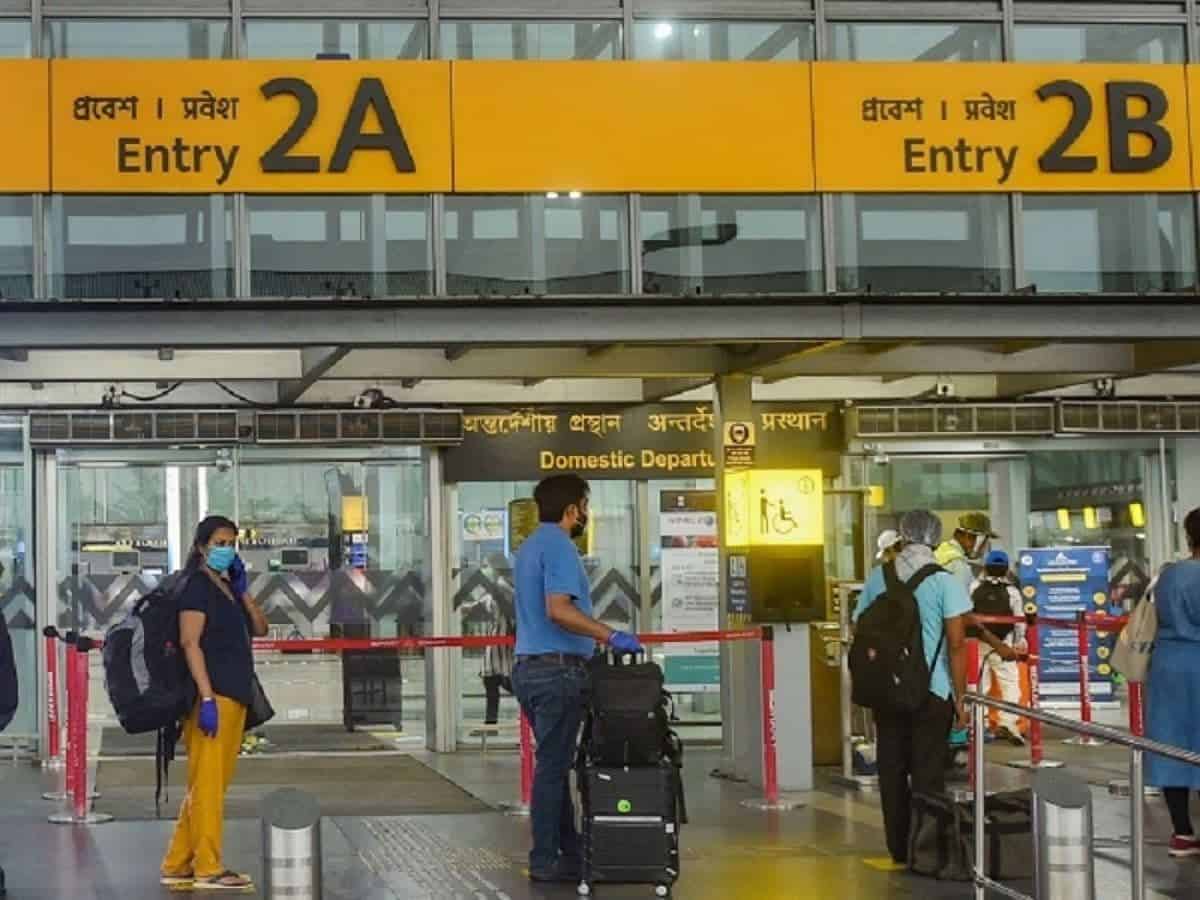Abu Dhabi: India’s Minister of State for External Affairs V Muraleedharan on Wednesday said that the India-UAE travel restrictions are likely to relax in the coming days, in response to evidence that the threat from COVID-19 has been significantly reduced – at least for now, local media from the gulf country reported.
V Muraleedharan, who is on a visit to the UAE to attend the sixth ministerial consultation of the Abu Dhabi Dialogue, said this while interacting with the media at the Indian pavilion at Expo 2020.
“I am hoping that in the coming days, travel restrictions will be eased as there is a significant drop in the new cases in India. We had some talks and consultations on it on the sidelines of the Abu Dhabi Dialogue, but the formal announcement will come from the other countries involved,” Khaleej Times quoted reporting Muraleedharan.
“But I am optimistic that travel restrictions will be greatly eased in the coming days so that migrants can travel, and more important today as the pandemic affects migrants more than others,” he added.
Muraleedharan also met with Saudi Arabia’s human resources and social development minister, Ahmed Al-Rajhi at the Abu Dhabi Dialogue and discussed ease of travel, migrant mobility, wage protection, and dispute settlement.

MoS visits India Pavilion at Expo 2020 Dubai
V Muraleedharan on Wednesday visited the India Pavilion at the Dubai Expo 2020.
Muraleedharan took to Twitter and wrote, “Fascinating visit to the India Pavilion @expo2020dubai. From Climate to Space, history to heritage, travel to technology, connectivity to innovation, all projected under one roof. Splendid portrayal of New India.”
Here’s a look



The Indian Pavillion at Expo 2020 Dubai, has seen 128,000 visitors in the first 25 days of the event, said Union Minister for Commerce and Industry, Piyush Goyal on Tuesday.
The United Arab Emirates has the largest number of Indian migrants, at 3.31 million. In all the Gulf countries together, Indians totalled 8.9 million, according to an International Migration Report 2017. Of them, 2.27 million were in Saudi Arabia, 1.2 million in Oman and 1.16 million in Kuwait.

